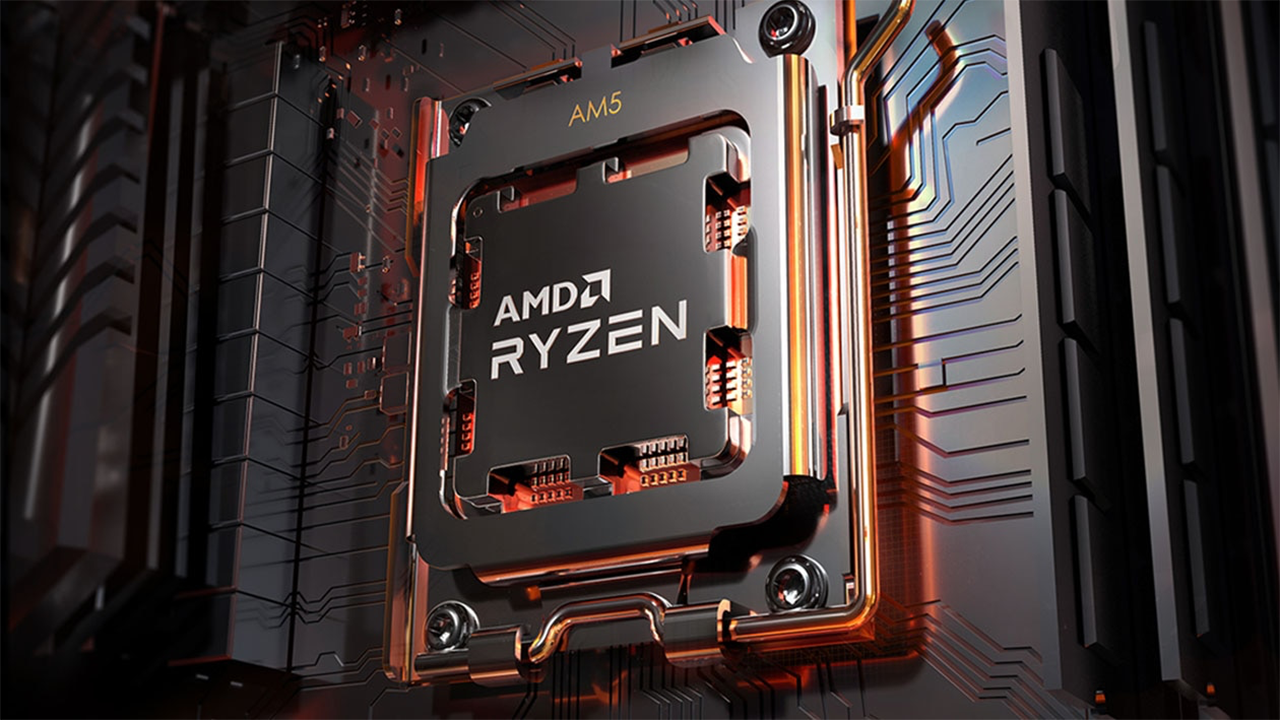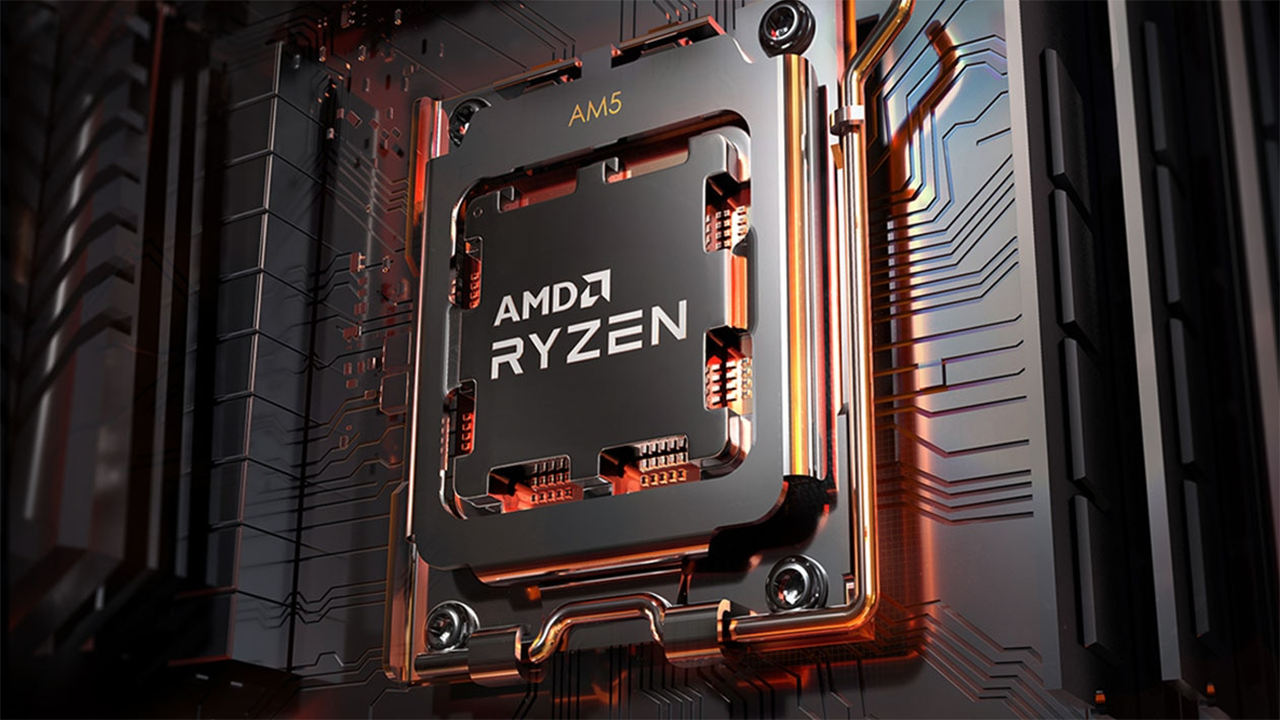
Ryzen 7950X3D May Run Slower Than 7800X3D, Reviews Rumored for Feb 27th
AMD will reportedly let journalists publish their reviews of its Ryzen 9 7950X3D and Ryzen 9 7900X3D processors on February 27, a day before those chips will become available, according to hardware leaker @momomo_us. Meanwhile, some additional peculiarities about the range-topping Ryzen 9 7950X3D were revealed by @9550pro and those will not please at least some enthusiasts.
AMD will start sales of its 12-core Ryzen 9 7900X3D with 140MB of L2+L3 cache as well as 16-core Ryzen 9 7950X3D with 144MB of L2+L3 cache on February 28, so reviews with performance numbers published on February 27 would allow potential buyers to make well informed purchase decisions. Meanwhile, the eight-core Ryzen 7 7800X3D with 104MB of L2+L3 cache will hit the market in early April.
AMD’s Zen 4-based Ryzen 7000 X3D-series processors with extra 64MB of 3D V-Cache are poised to become some of the best CPUs for gaming as additional L3 positively affects performance of workloads that depend on single-thread performance and memory bandwidth.
But there is a catch about the top-of-the-line Ryzen 9 7950X3D processor: the clocks of its core complex die (CCD) equipped with 3D V-Cache could be lower than those of the less-expensive Ryzen 7 7800X3D, according to @9950pro.
Such lower frequencies will affect performance in workloads that need high clocks. Last week we learned that transpired that the Ryzen 9 7950X3D is actually slower than the Ryzen 9 7950X in Blender and Geekbench 5 and apparently this might be a result of lower clocks on the CCD equipped with additional cache.
| Header Cell – Column 0 | Price (MSRP / Retail) | Cores / Threads | Base / Boost Clock (GHz) | Cache (L2/L3) | TDP / Max |
|---|---|---|---|---|---|
| Ryzen 9 7950X3D | $699 / ? | 16 / 32 | 4.2 / 5.7 | 144MB (16+128) | 120W / 162W |
| Ryzen 9 7950X | $599 / $589 | 16 / 32 | 4.5 / 5.7 | 80MB (16+64) | 170W / 230W |
| Ryzen 9 7900X3D | $599 / ? | 12 / 24 | 4.4 / 5.6 | 140MB (12+128) | 120W / 162W |
| Ryzen 9 7900X | $449 / $420 | 12 / 24 | 4.7 / 5.6 | 76MB (12+64) | 170W / 230W |
| Ryzen 9 7900 | $429 / $429 | 12 / 24 | 3.7 / 5.4 | 76MB (12+64) | 65W / 88W |
| Ryzen 7 7800X3D | $549 / ? | 8 /16 | 4.2 / 5.0 | 104MB (8+96) | 120W / 162W |
| Ryzen 7 5800X3D | $349 / $319 | 8 /16 | 3.4 / 4.5 | 104MB (8+96) | 105W / 142W |
| Ryzen 7 7700X | $349 / $341 | 8 / 16 | 4.5 / 5.4 | 40MB (8+32) | 105W / 142W |
| Ryzen 7 7700 | $329 / $329 | 8 / 16 | 3.8 / 5.3 | 40MB (8+32) | 65W / 88W |
| Ryzen 5 7600X | $249 / $243 | 6 / 12 | 4.7 / 5.3 | 38MB (6+32) | 105W / 142W |
| Ryzen 5 7600 | $229 / $229 | 6 / 12 | 3.8 / 5.1 | 38MB (6+32) | 65W / 88W |
Previously AMD said that its Ryzen 9 7950X3D processor will offer the best of both worlds: high clocks on the CCD without 3D V-Cache and large cache on the CCD with 3D V-Cache chiplet. It remains to be seen how this CPU will perform in real world applications, which is why it is important for potential owners to read reviews before purchasing.

